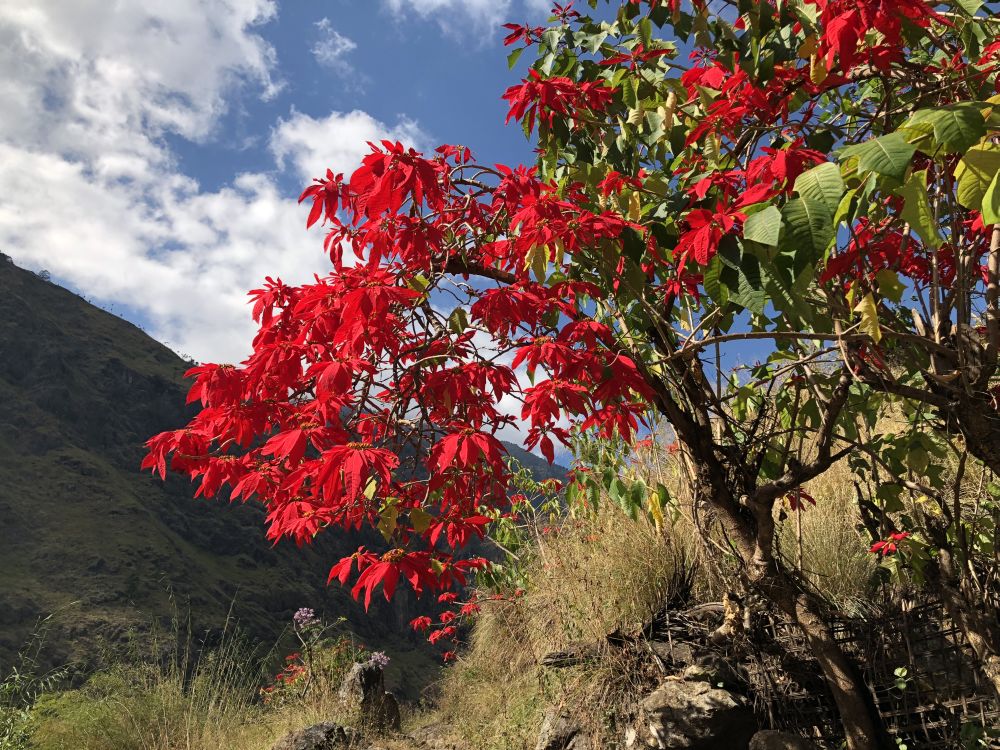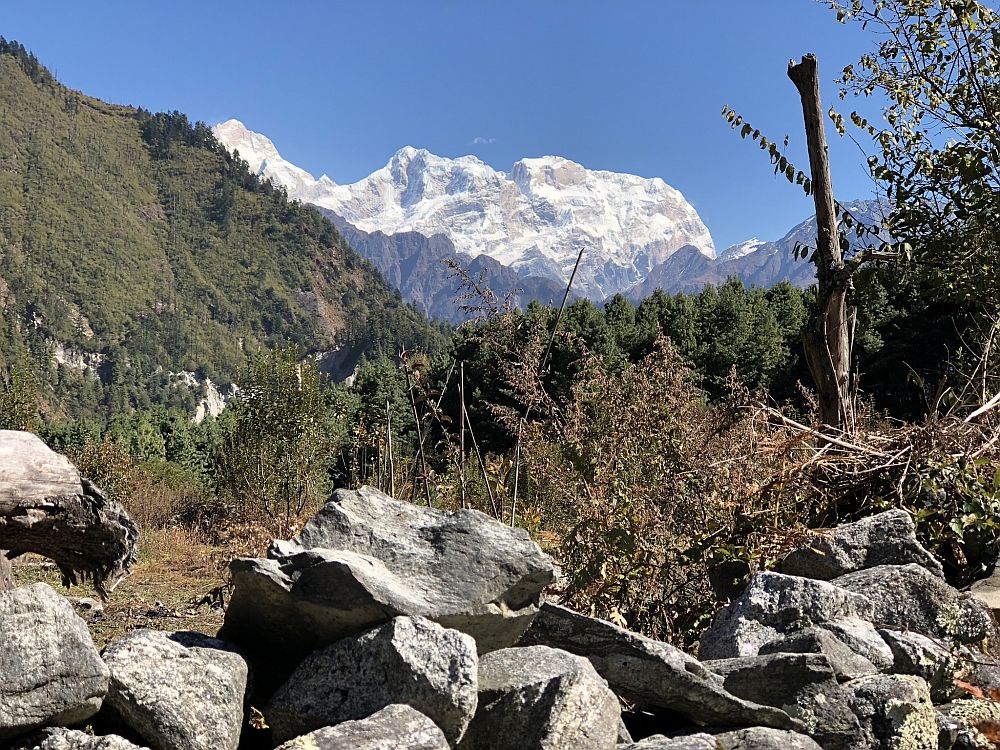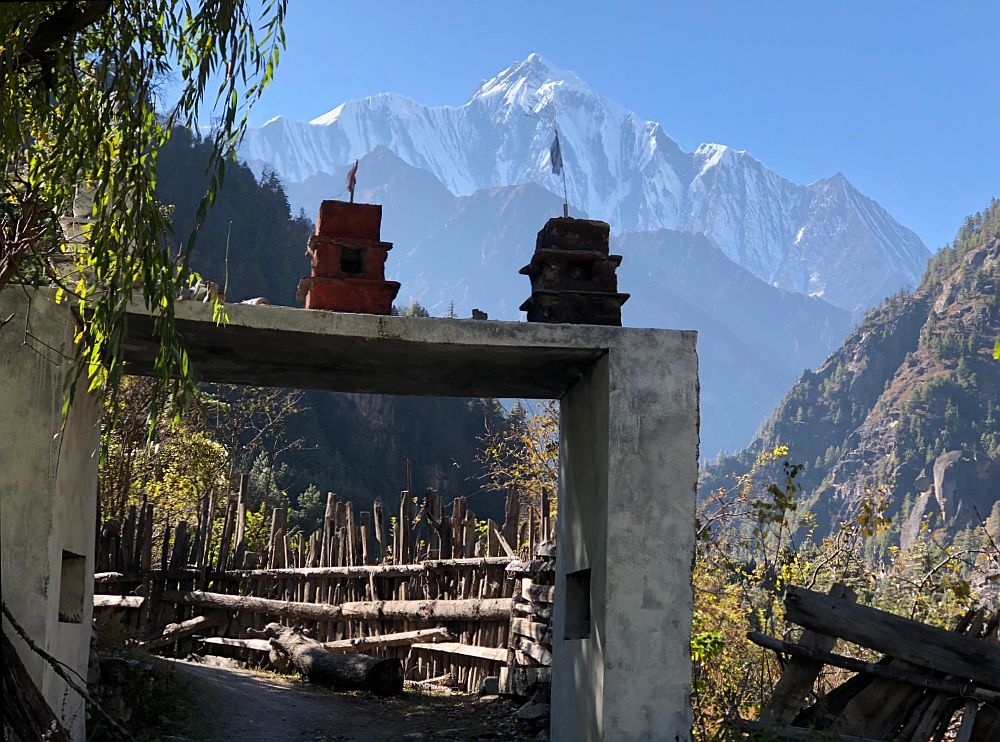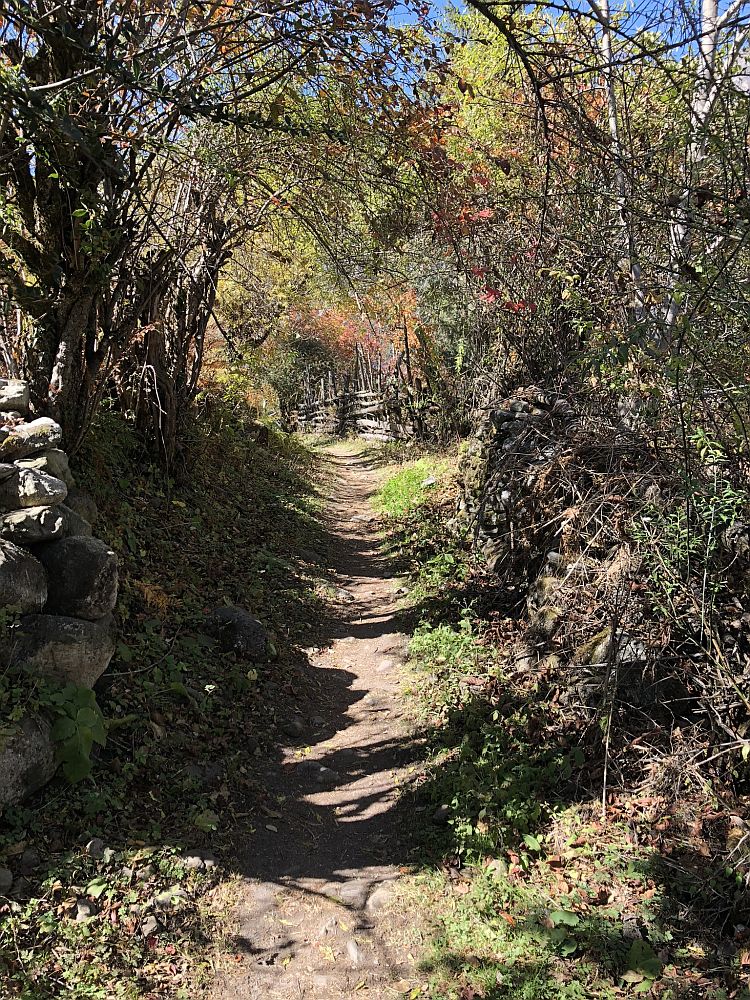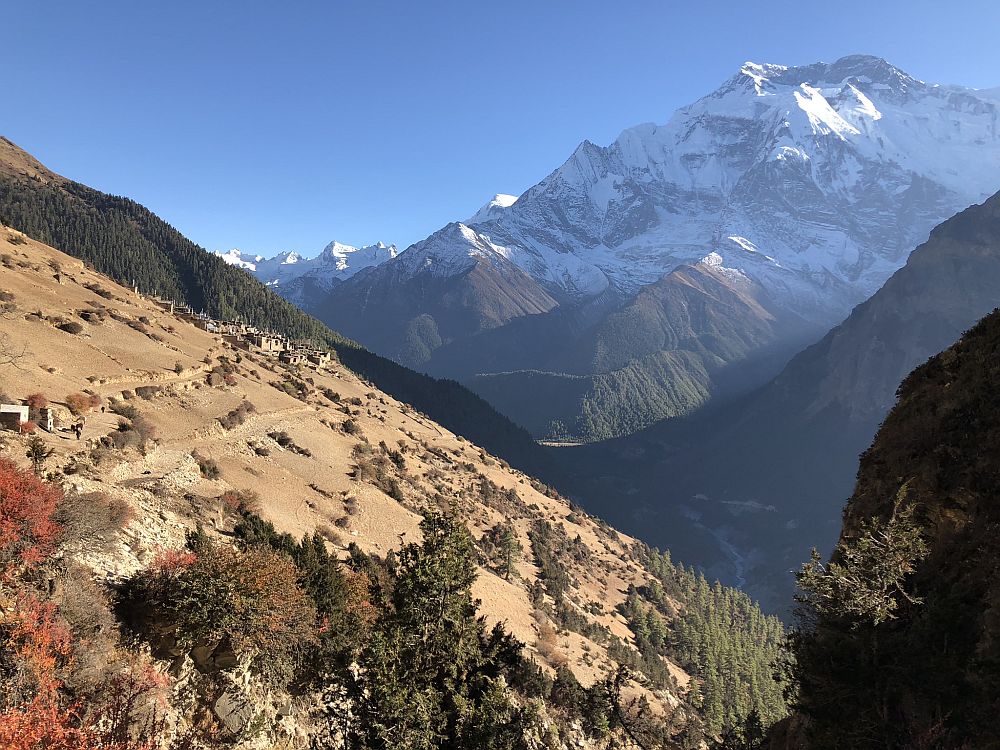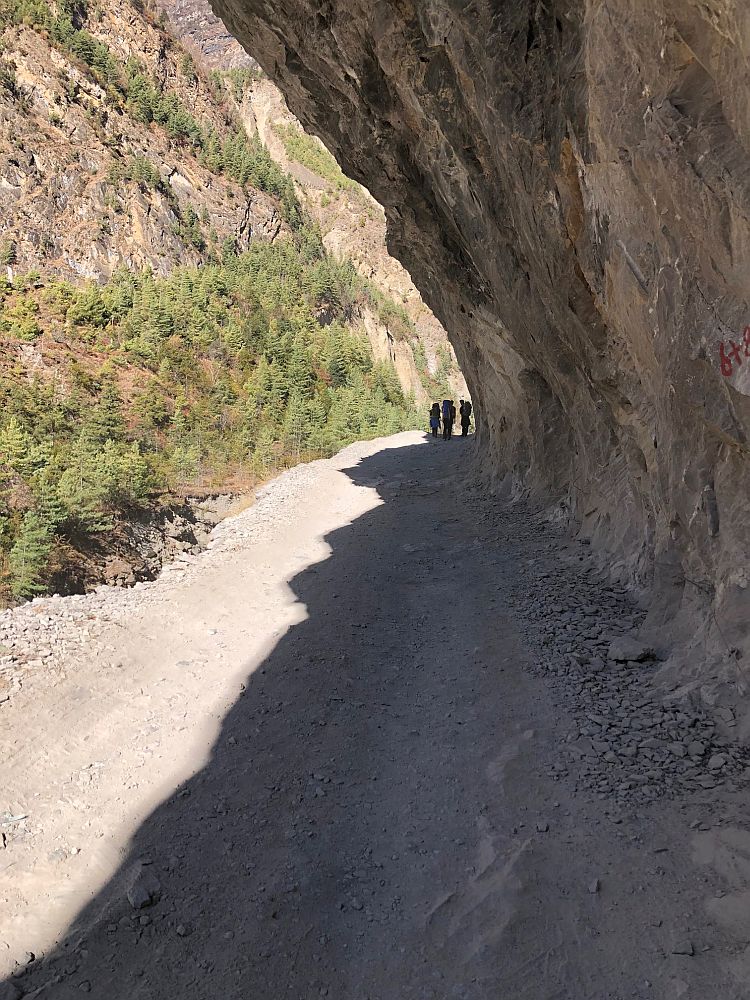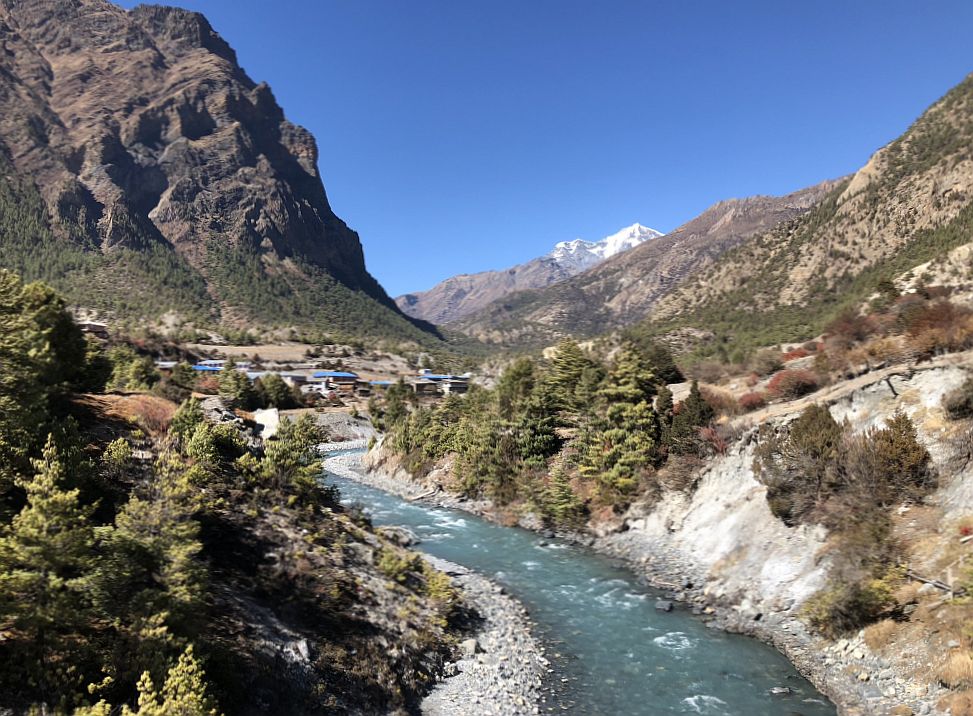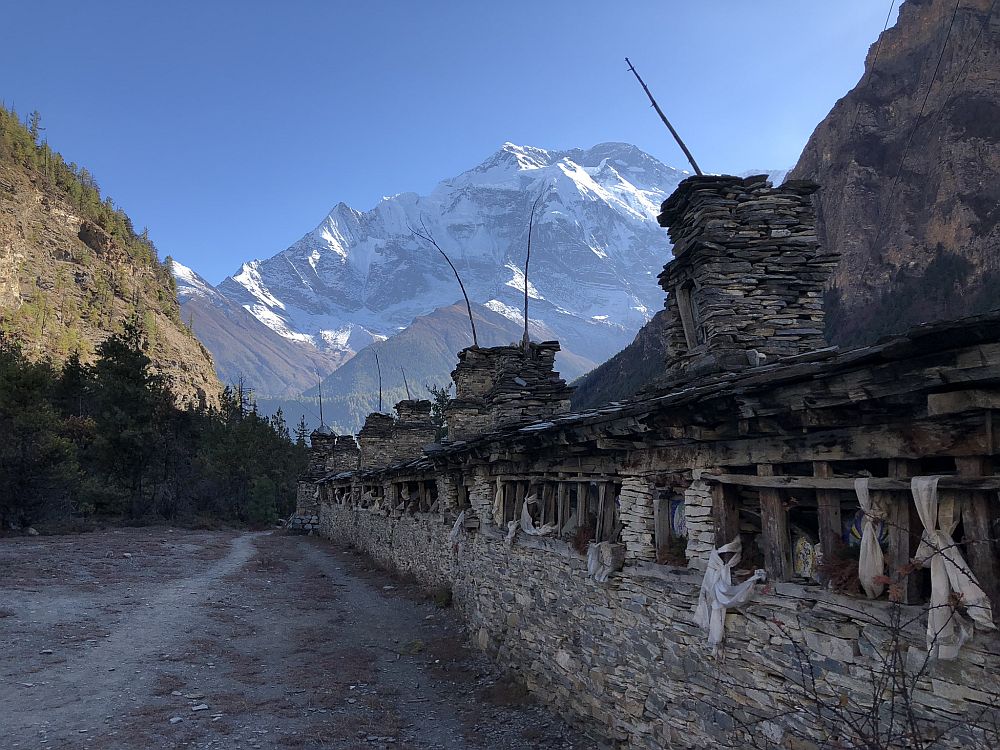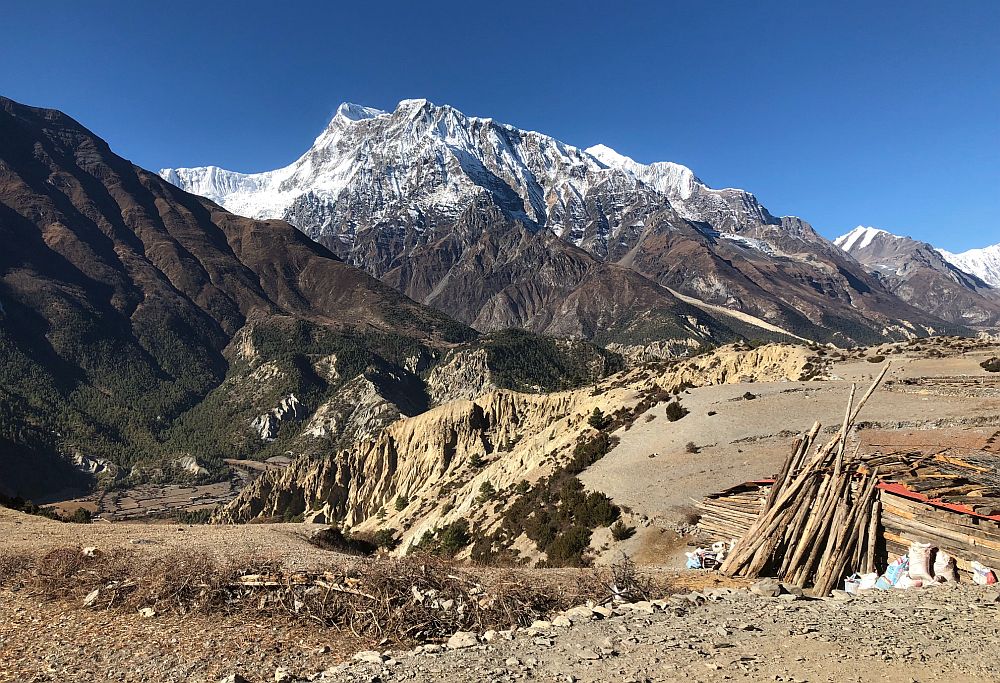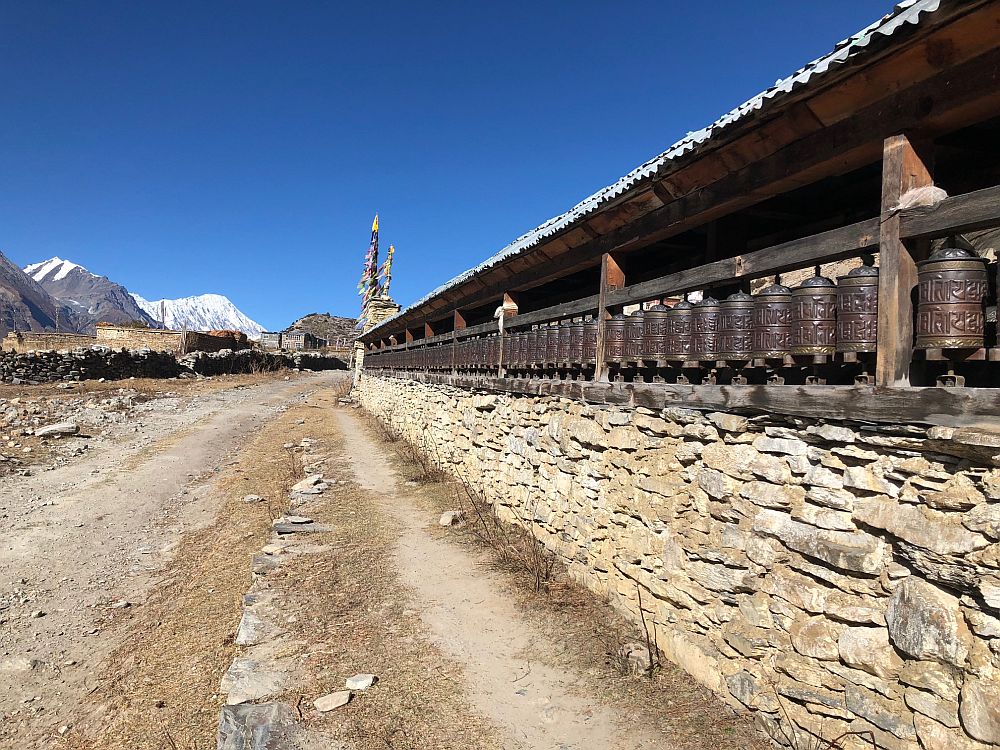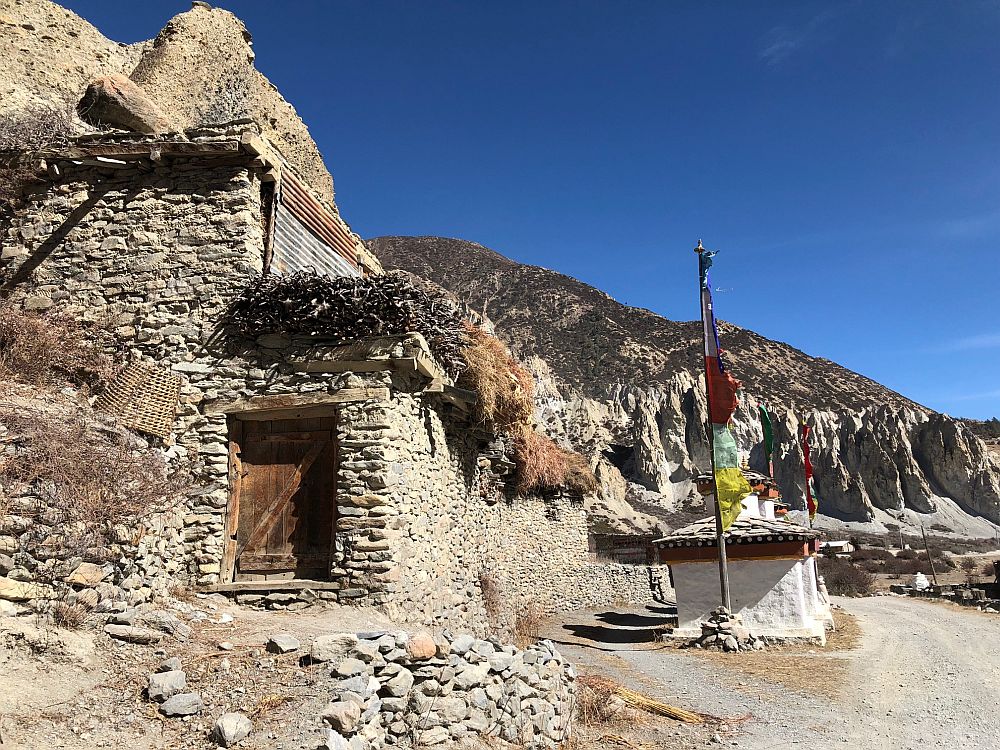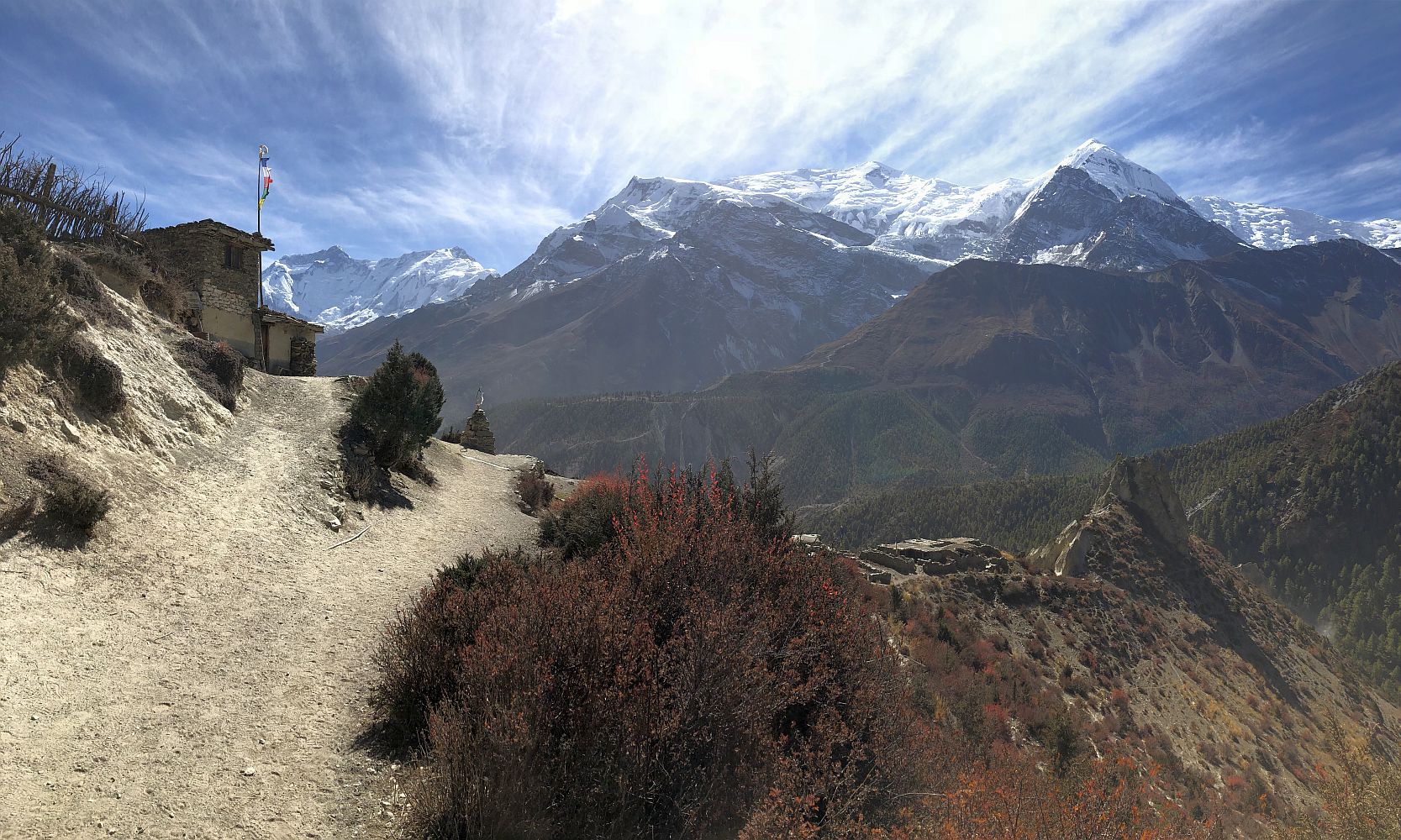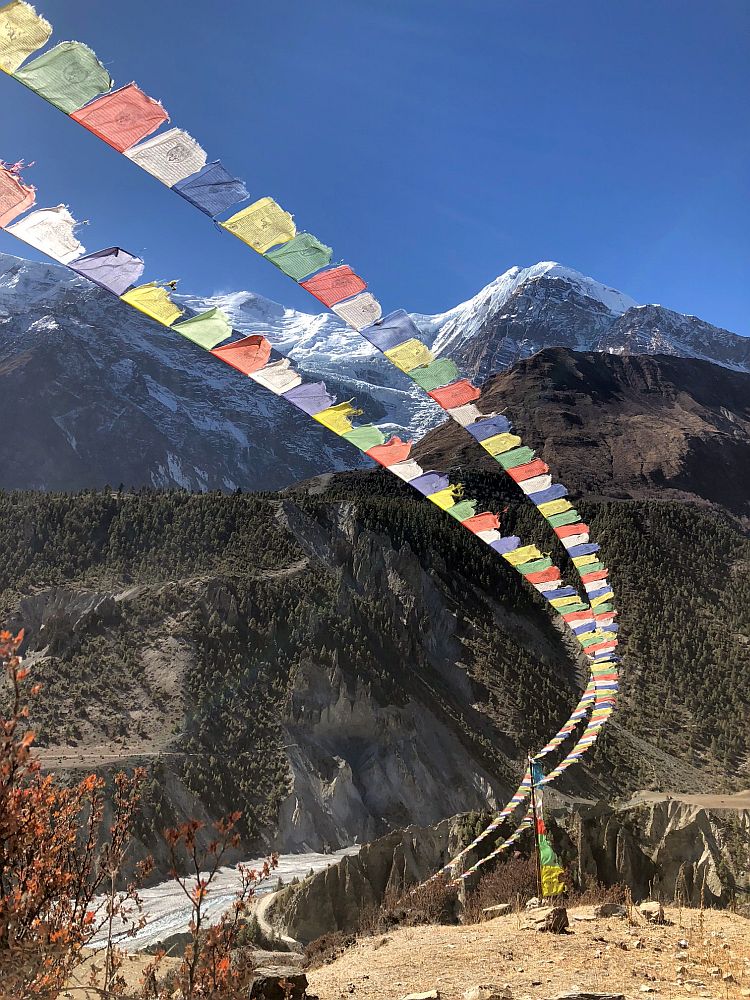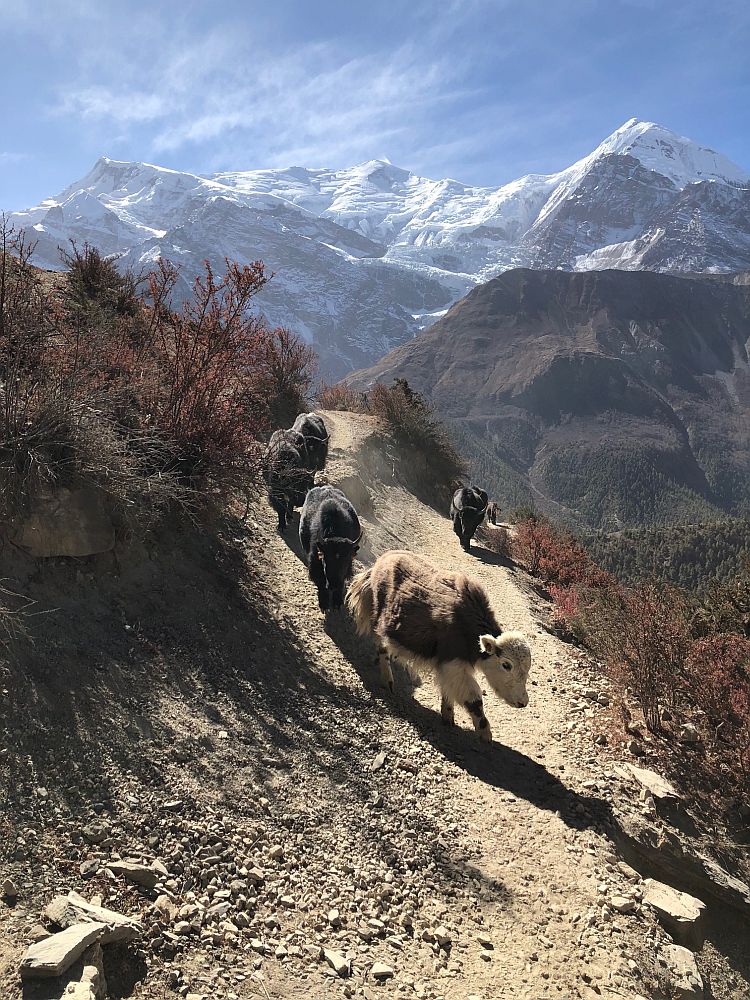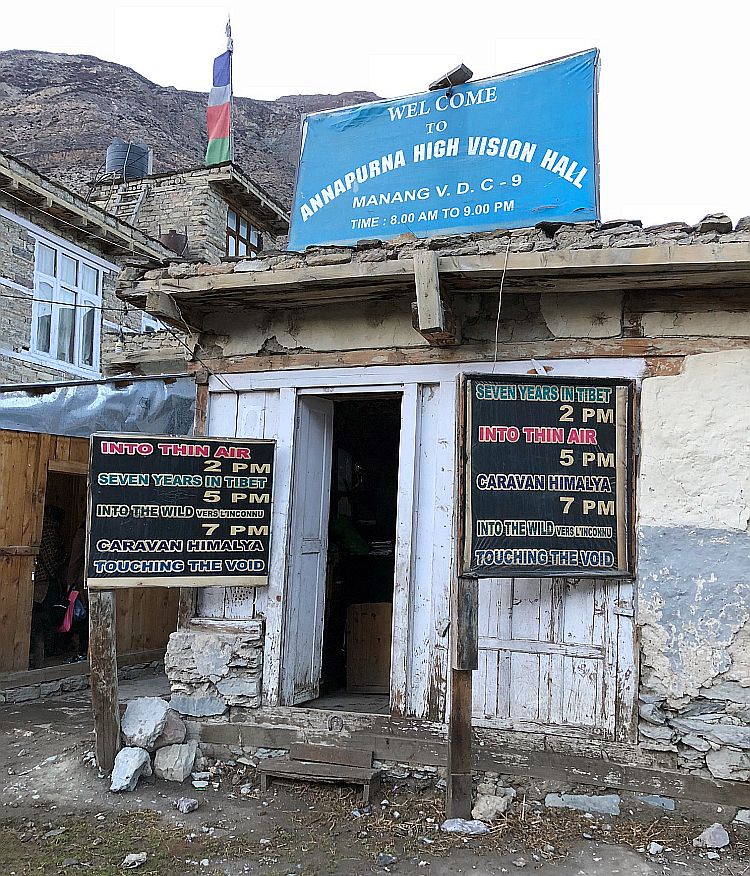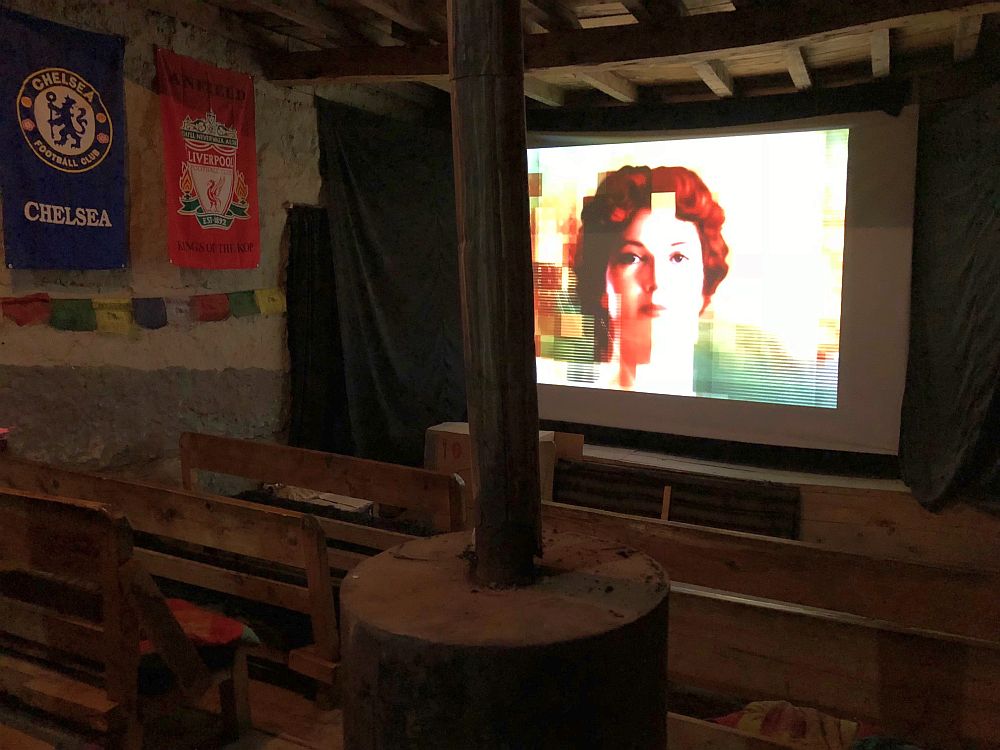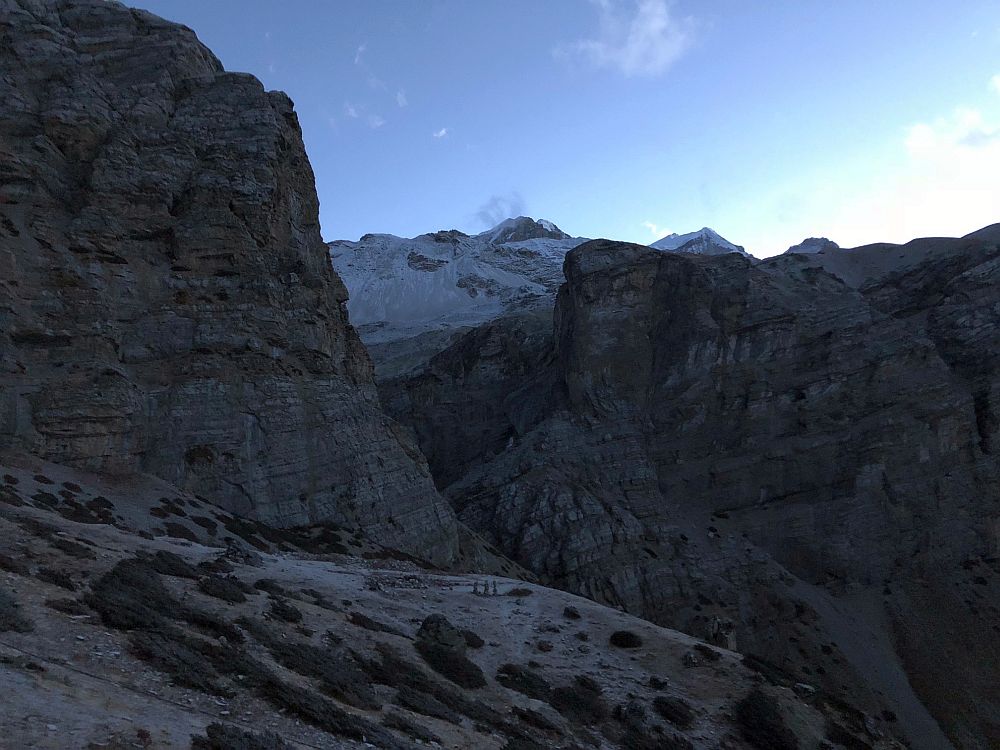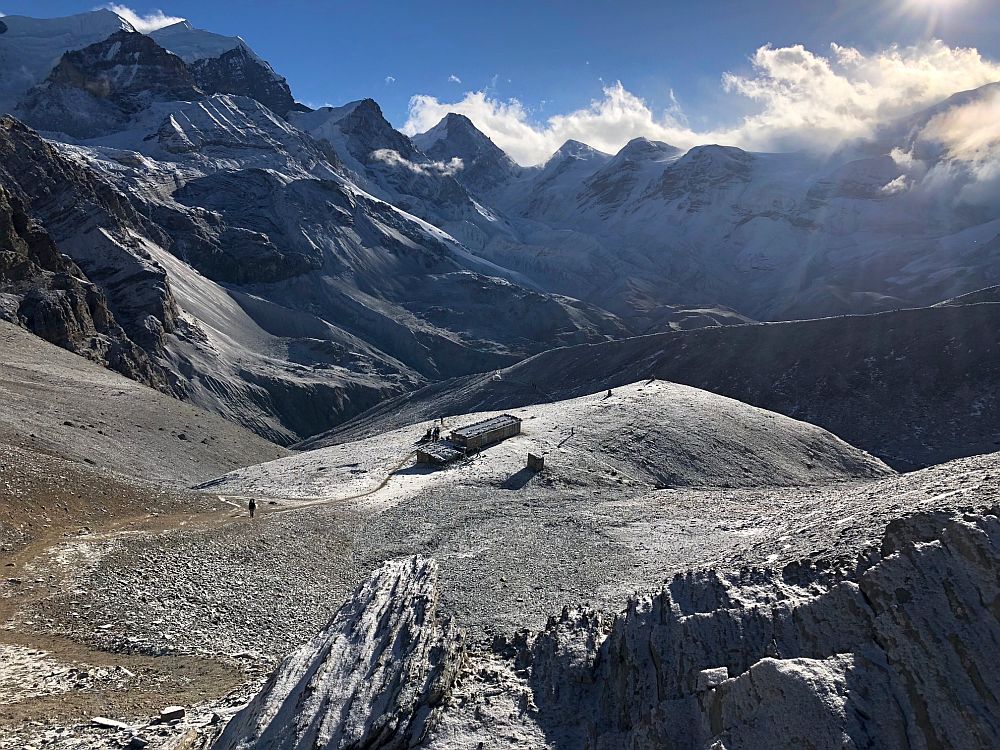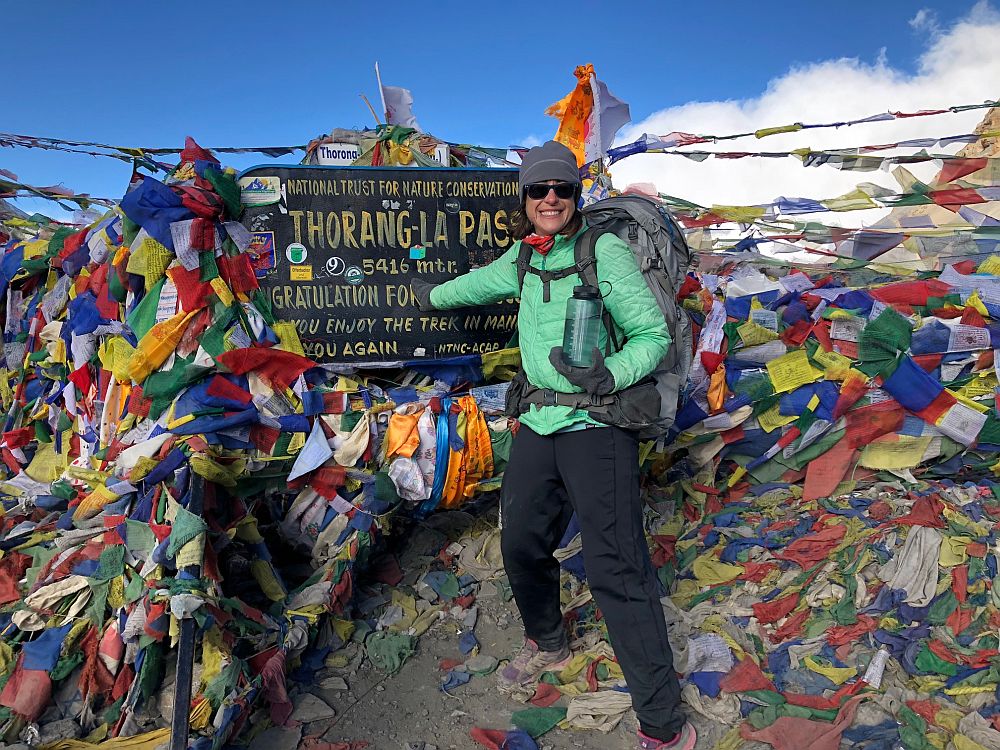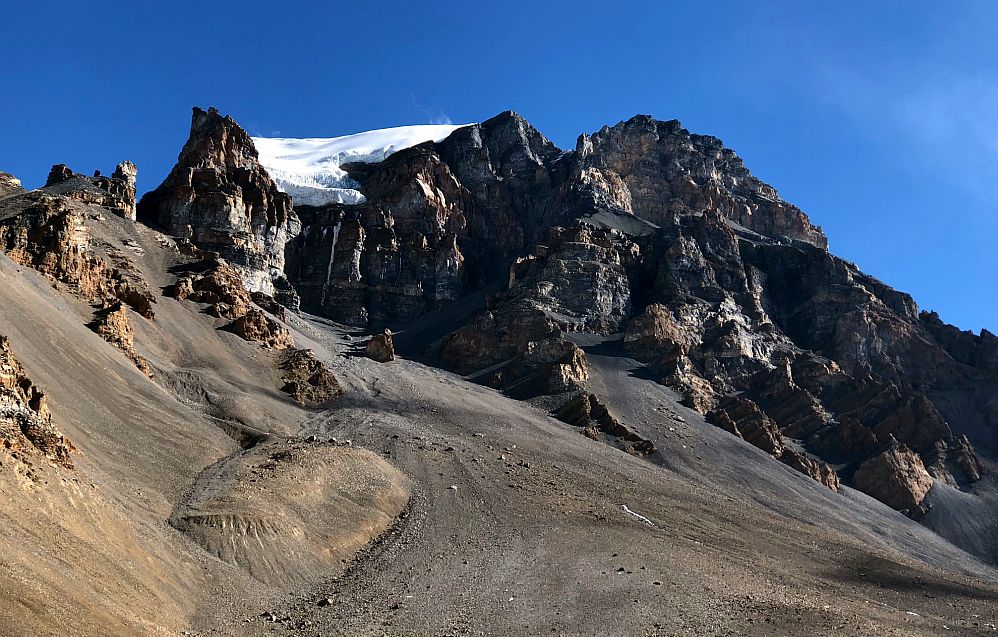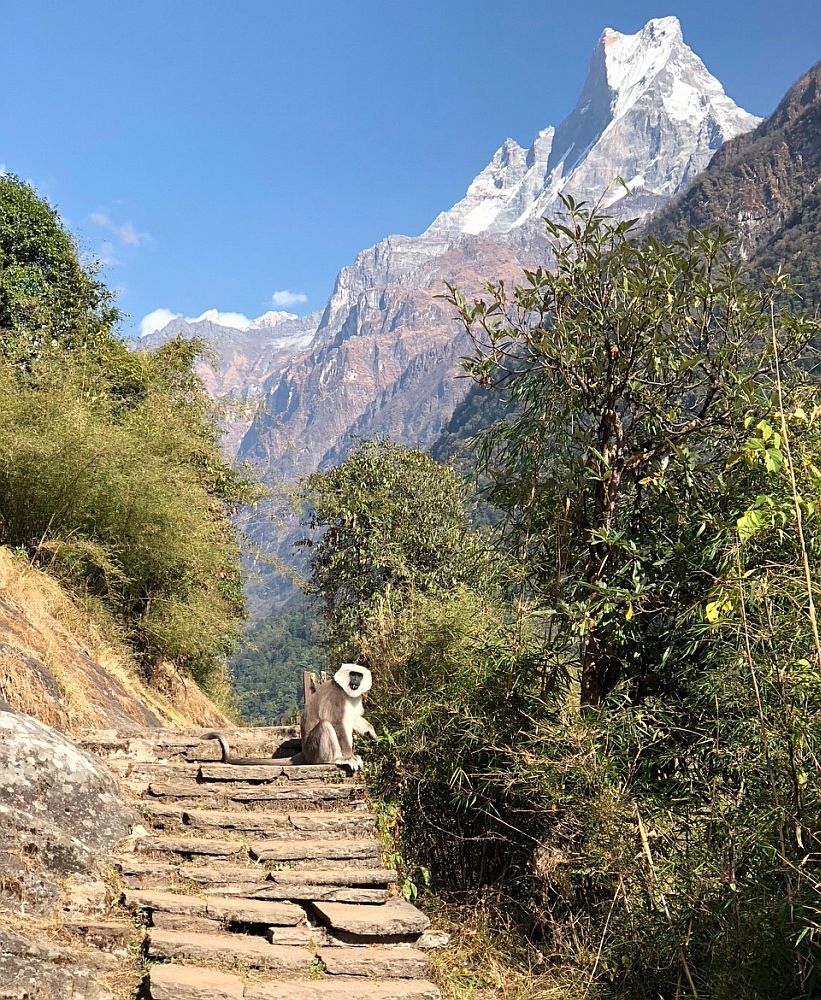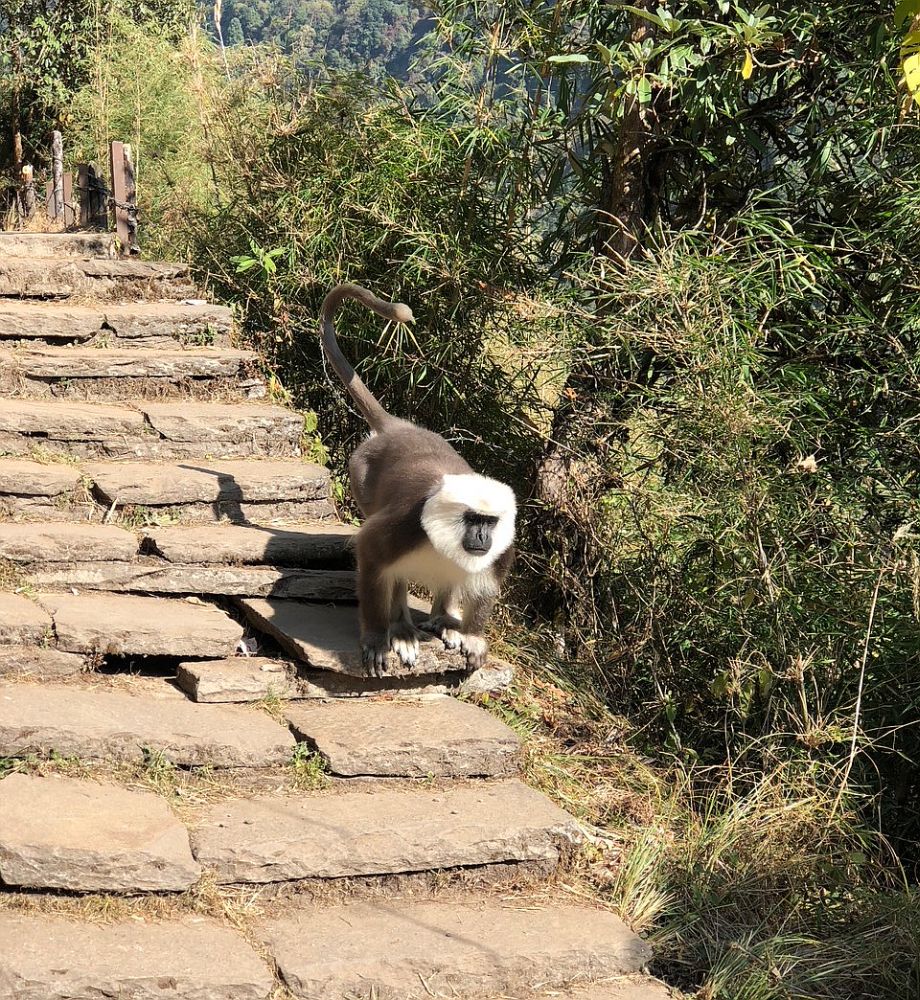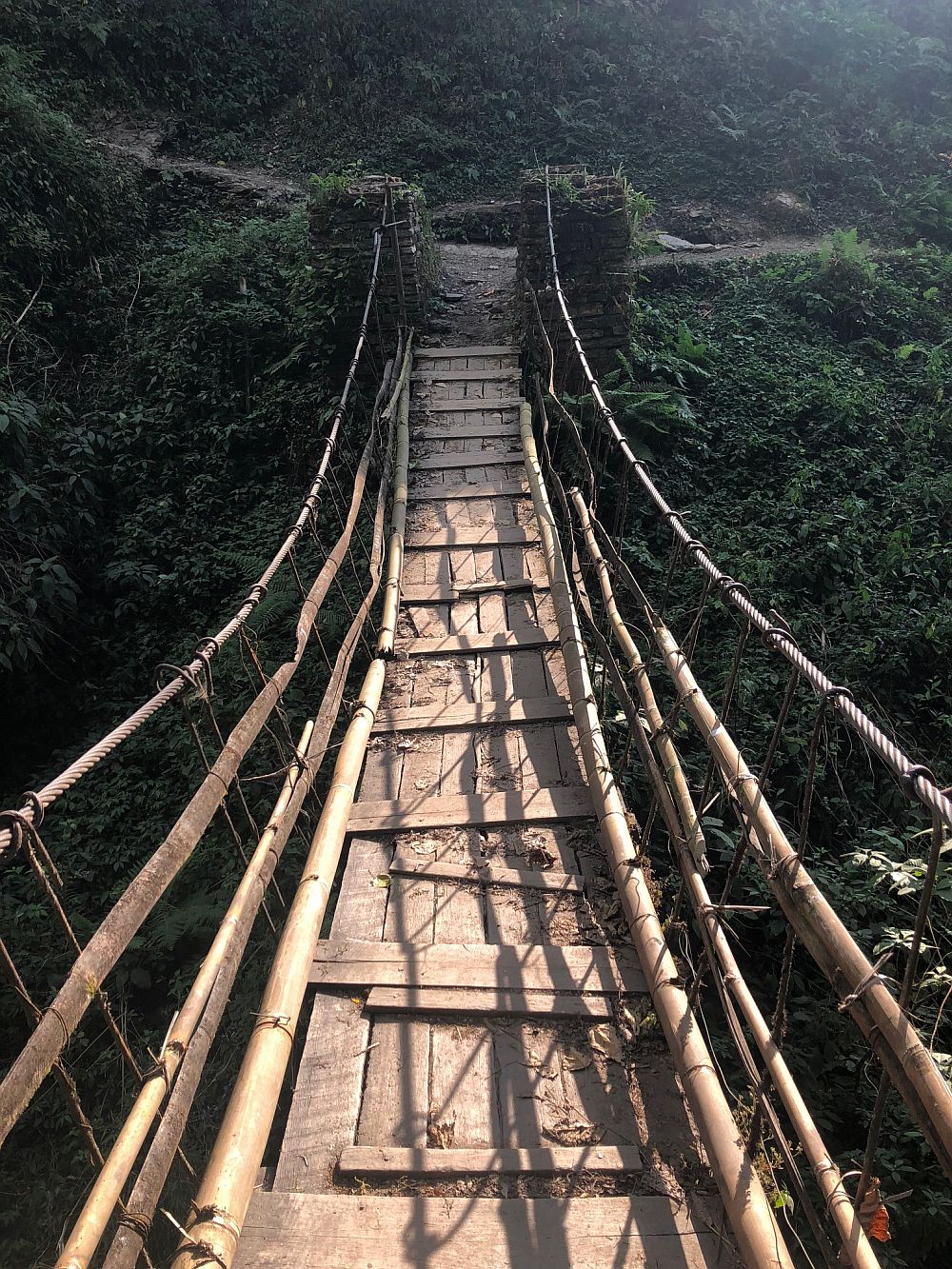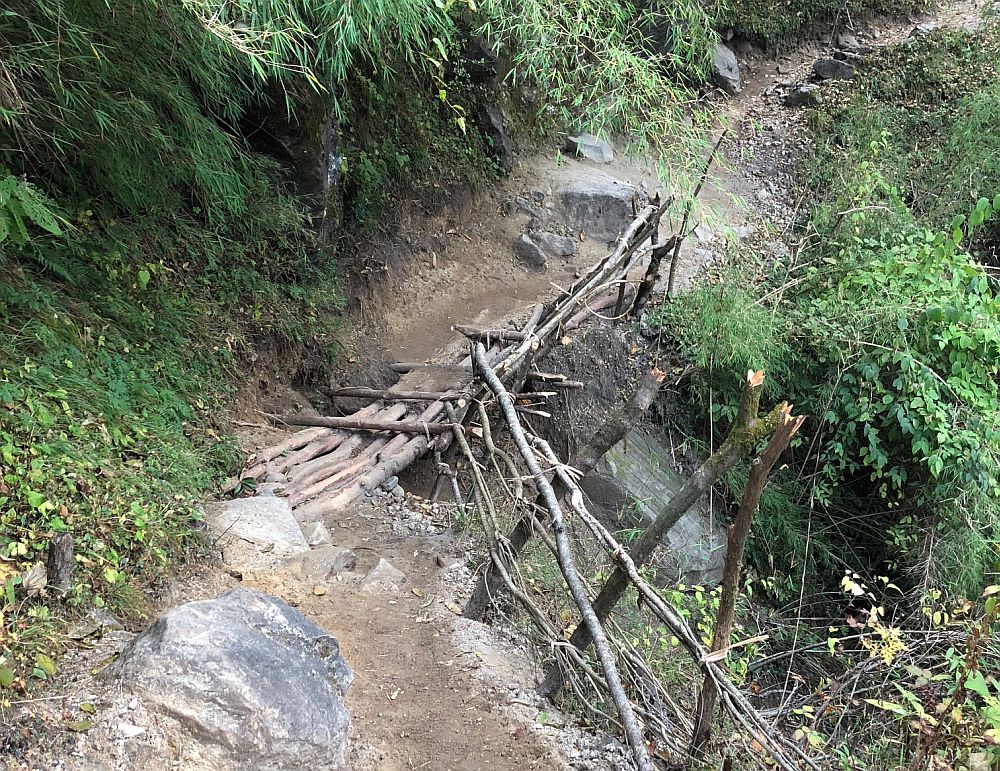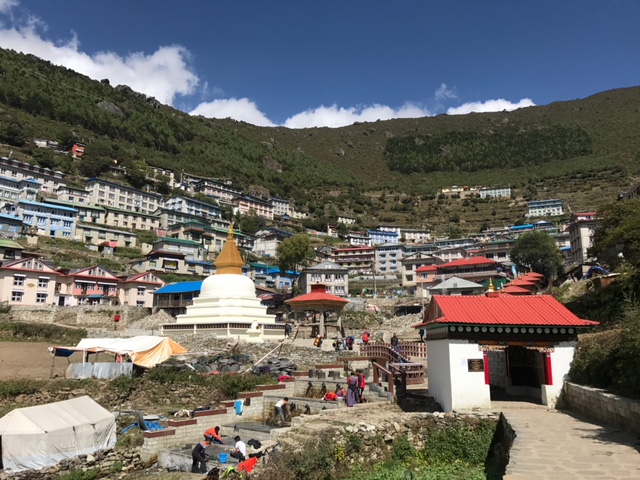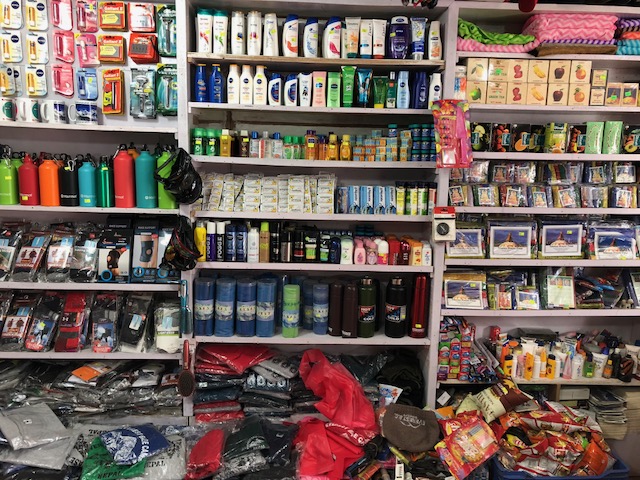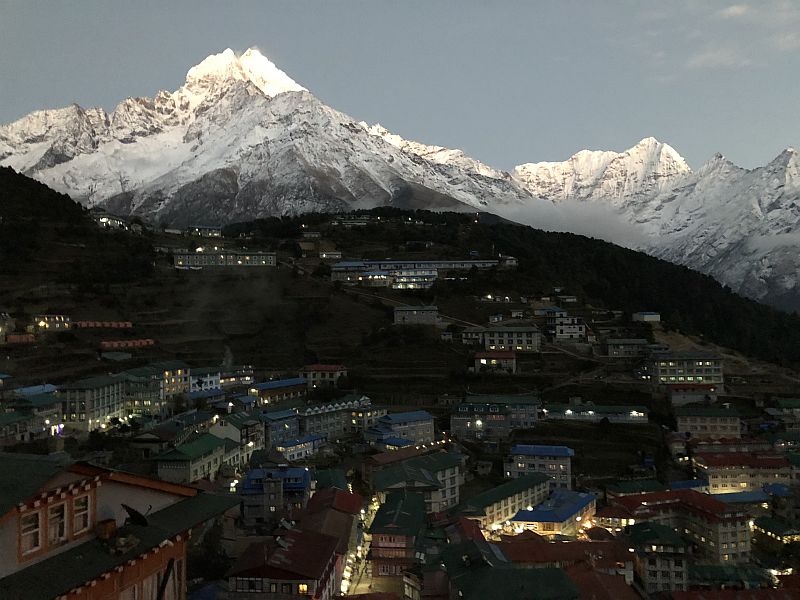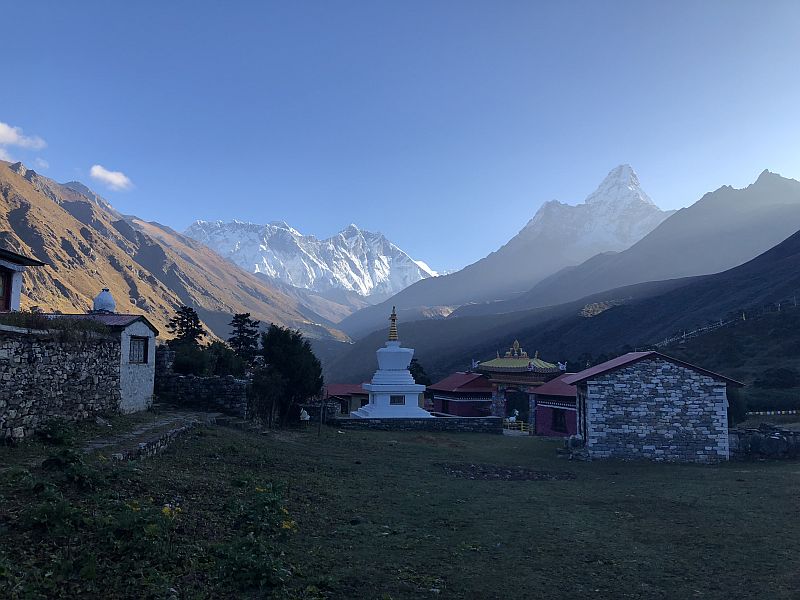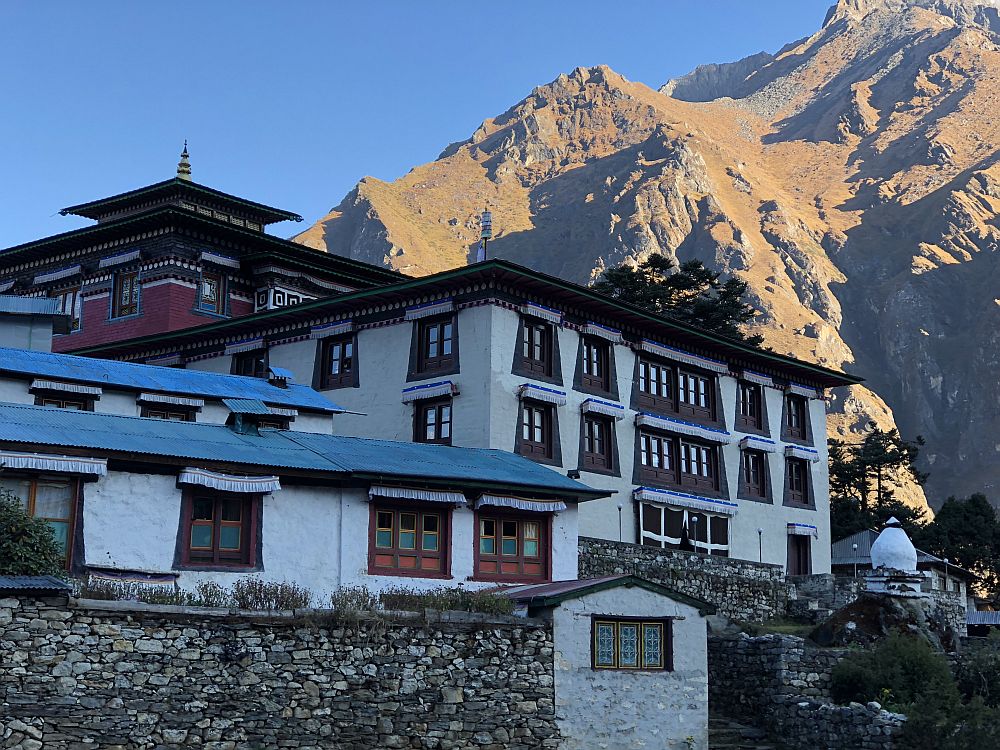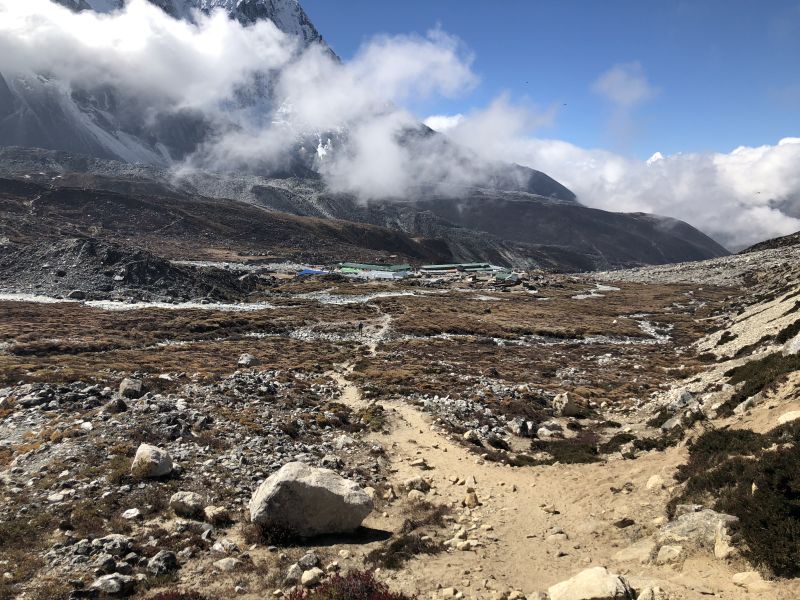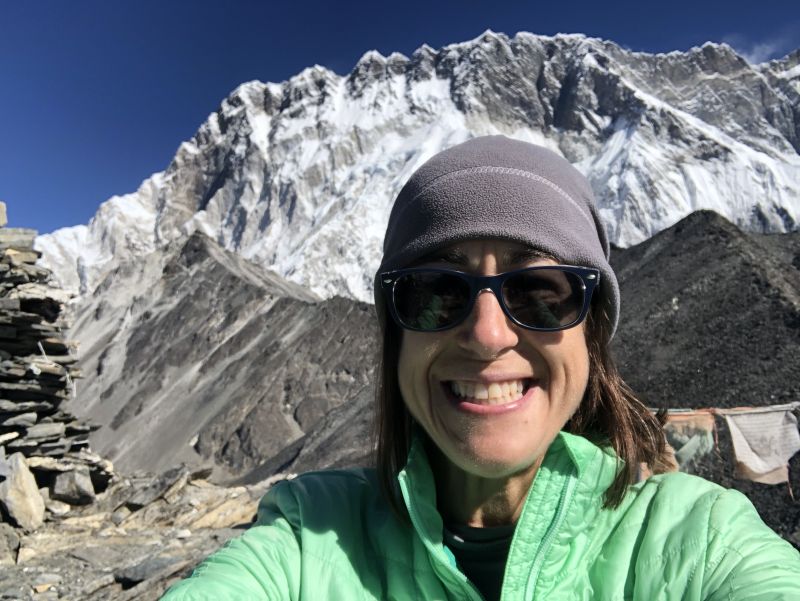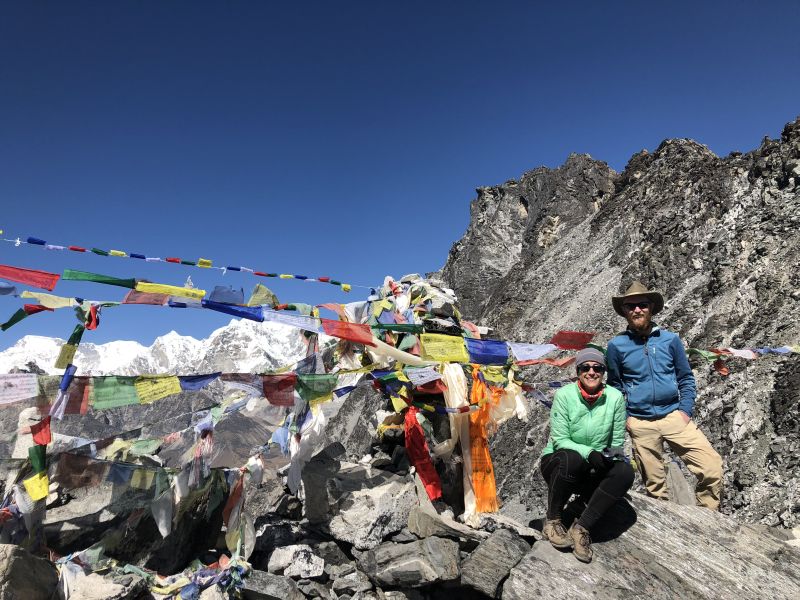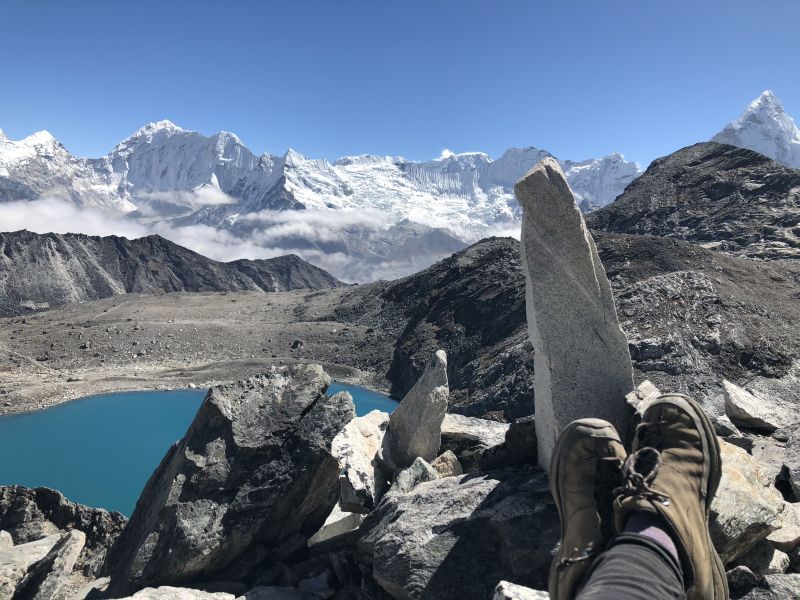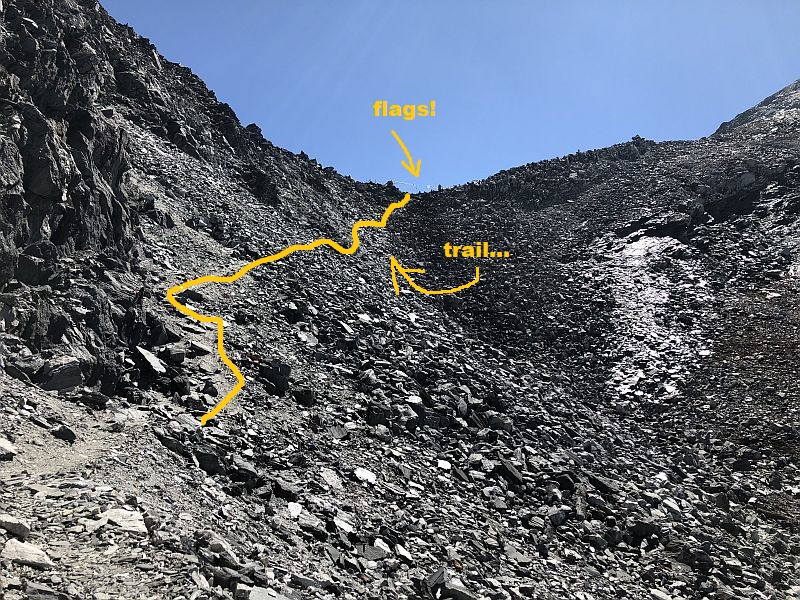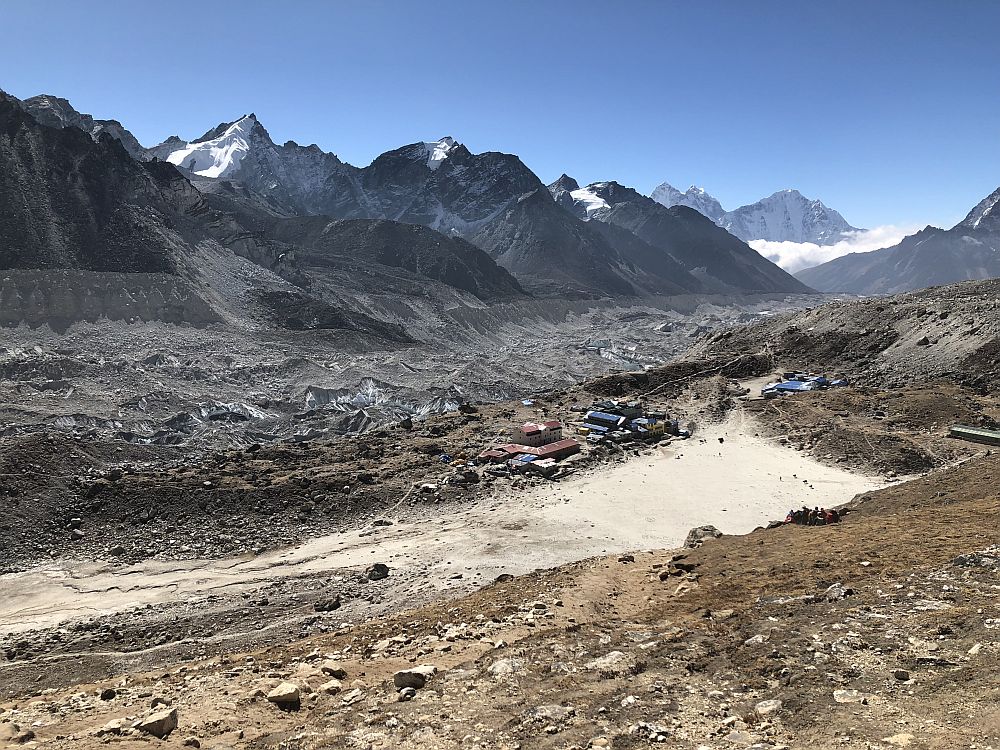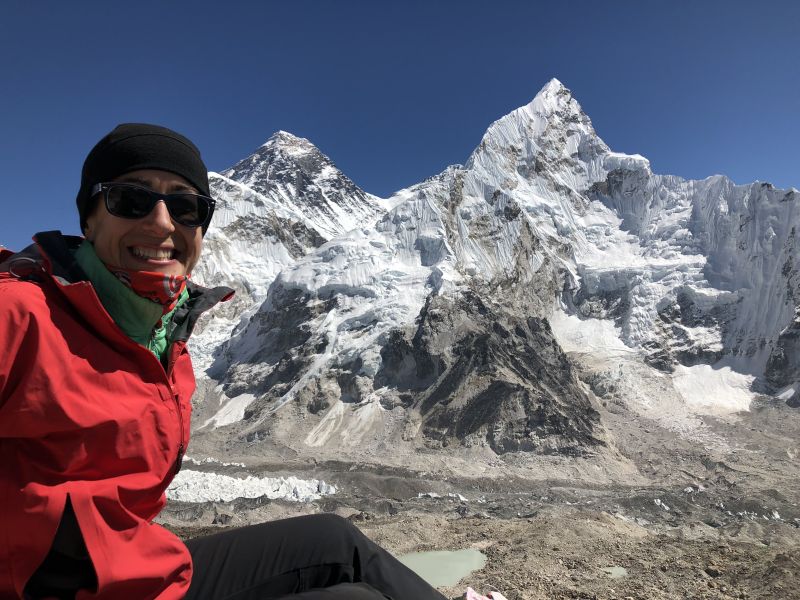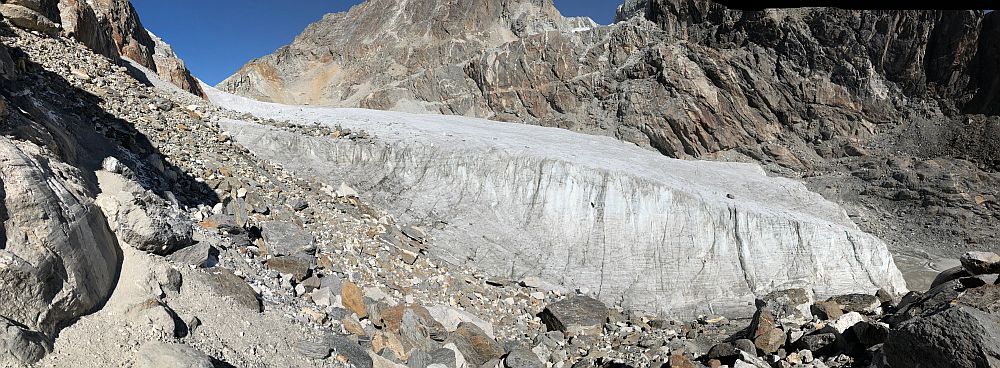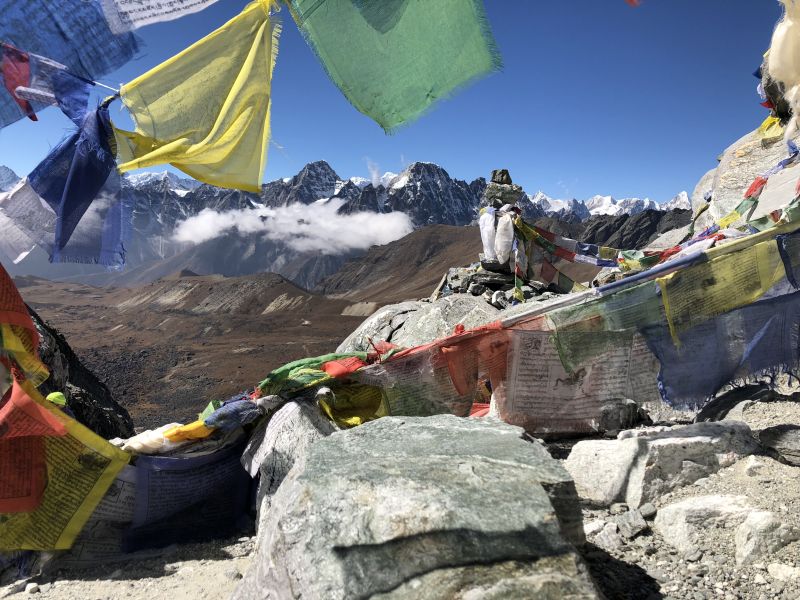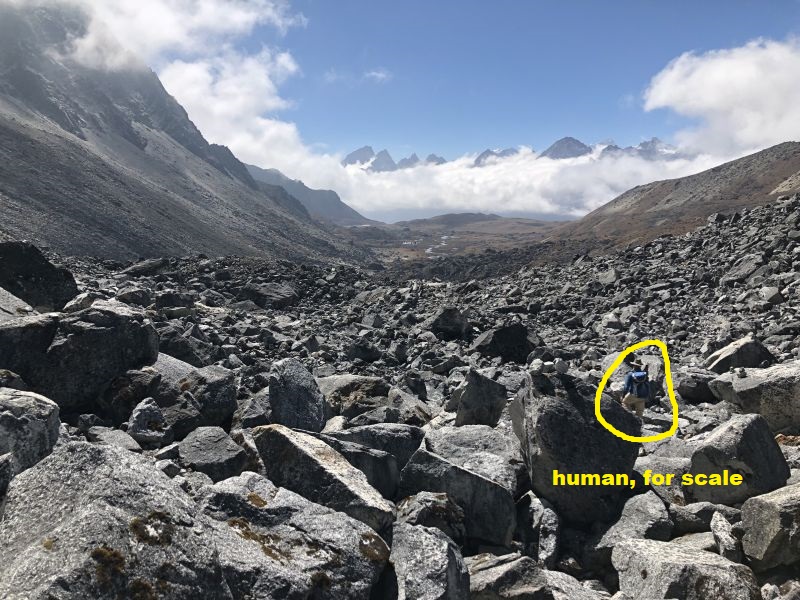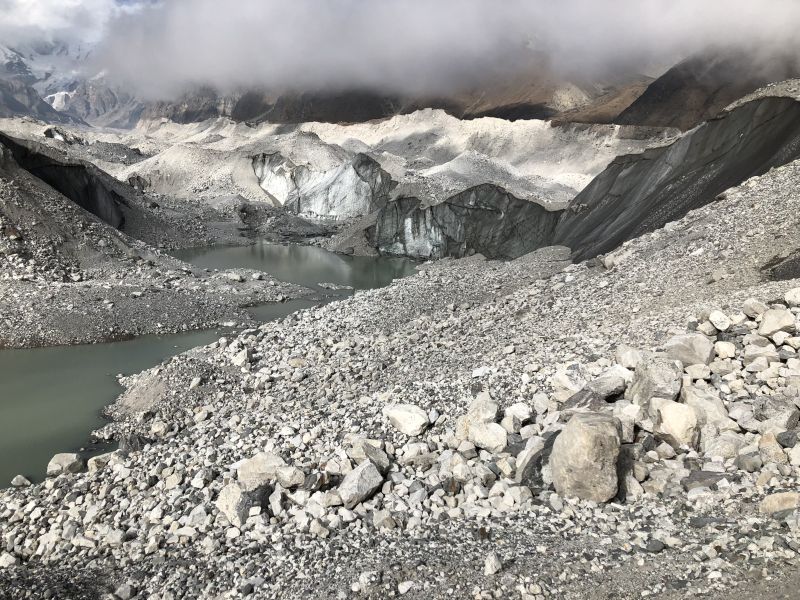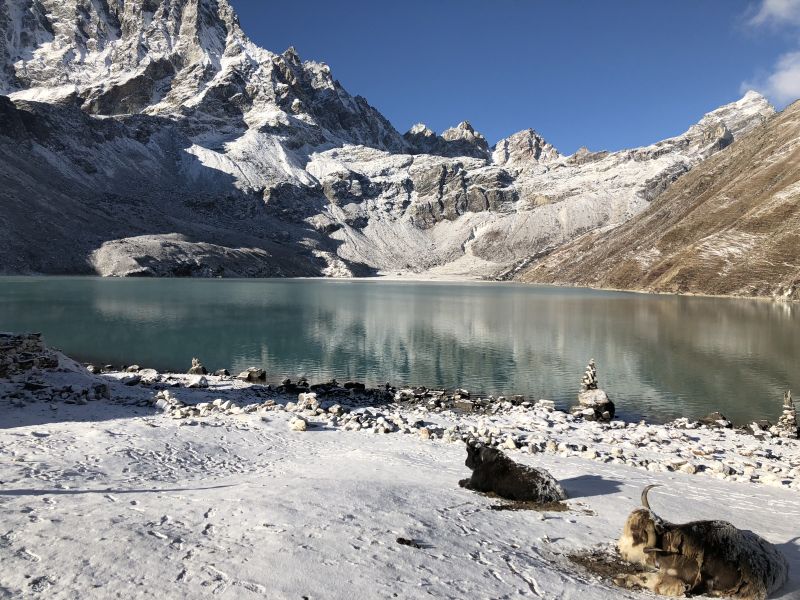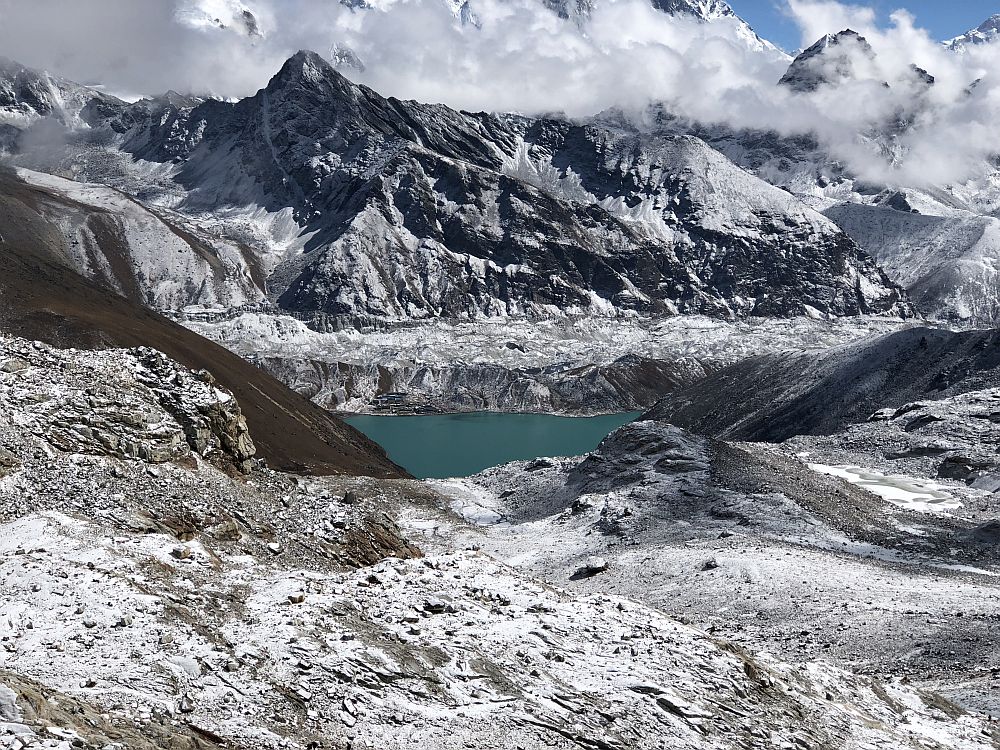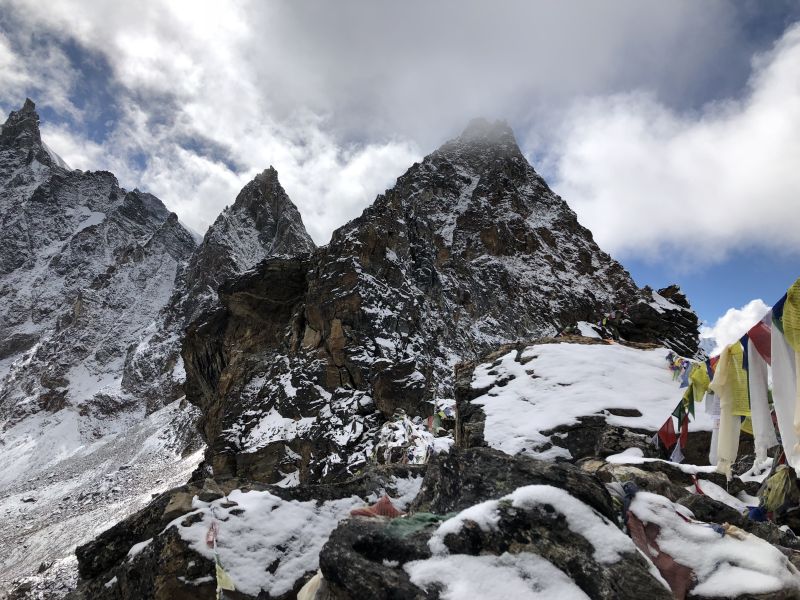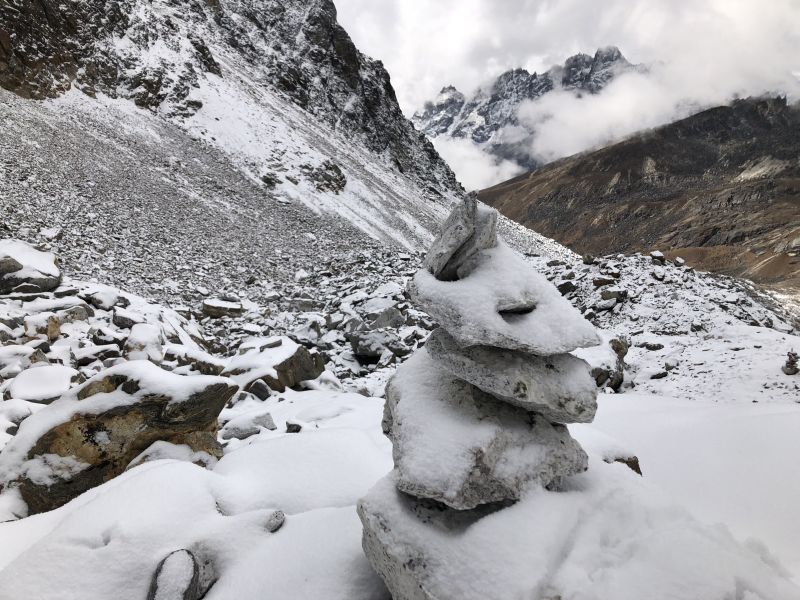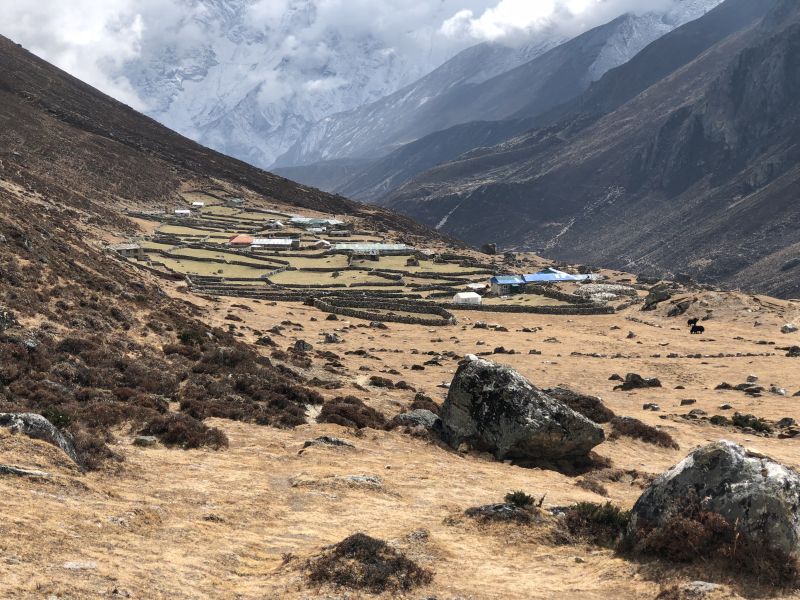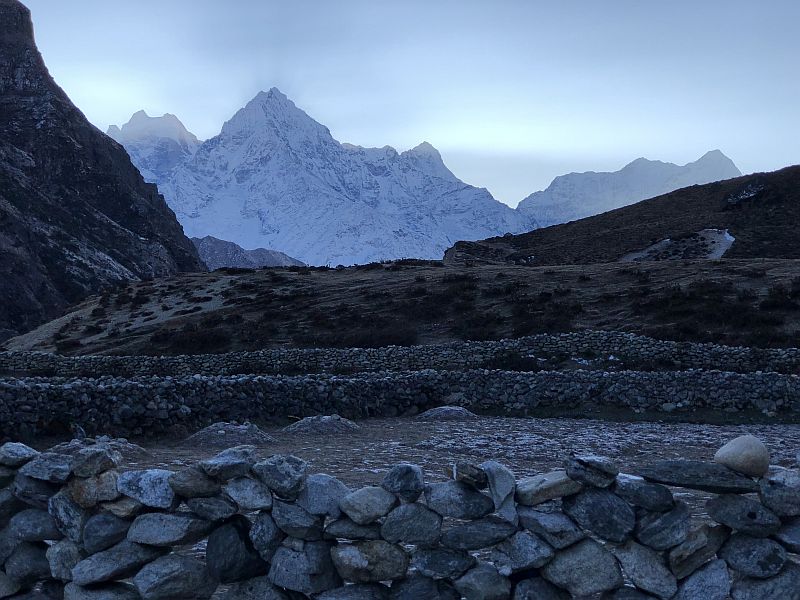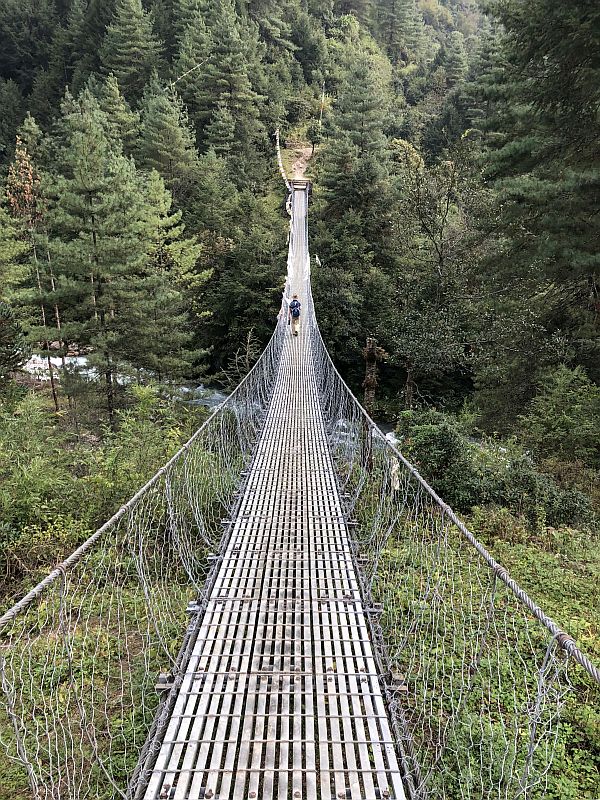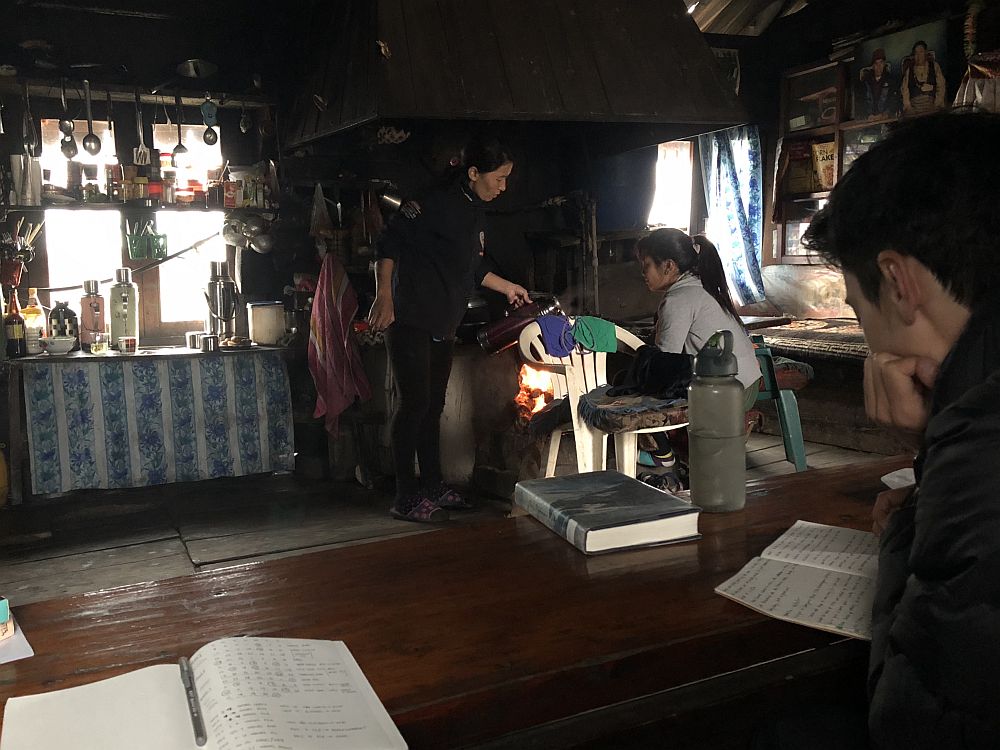Election Day In Nepal
Four months ago I left Vermont, two months ago I arrived in Nepal, four days ago the country finished voting for a new parliament and two days ago I had a sideline view of the international community’s initial take on how those elections went.
When I left home to travel, I trusted that I would find interesting projects and opportunities that I couldn’t then conceive of. I came to Nepal wanting to trek in the mountains and having a vague idea to volunteer for something worthwhile. I’ve spent the last 10 days helping The Carter Center’s Election Observation Mission here, an inspiring and fulfilling end (for now) to my visit in Nepal.
I’m a raving sentimentalist when it comes to elections, and civics, and democracy. I can recite most of Mr. Smith Goes To Washington by heart, and I still get misty when Jimmy Stewart declares that “democracy is too precious a thing to buried in history books.” Being an American journalist and covering U.S. elections has not dulled my faith in the potential of democracy, but I have been disappointed in how fecklessly some Americans regard the act of governing, and the process by which we choose our government. It matters, and we shouldn’t let ourselves off the hook by pretending “they’re all the same” and “my vote doesn’t matter.”
Nepal’s politics are impossibly complex, and its recent political history is straight up astounding. Kings and prime ministers sacked, a civil war with a Maoist insurgency, the assassination of nearly the whole royal family by one of its own, a new constitution and a nationwide learning curve to determine what Nepal’s new democratic norms will be. And the consequences of governance here are crucial: Nepal faces real problems in economic, health and social indicators.
Diagram explains how the polling place is set up for voters to cast three separate ballots.
I am naive enough and optimistic enough, therefore, to draw real inspiration from how Nepalese people embraced their election.
Nepal had 70 percent voter turnout in its recent parliamentary and provincial elections.
Seventy percent.
They did this with no absentee voting, no mail-in voting, no early voting. They did this by walking (sometimes very long distances) to stand in line and cast their votes. They did this despite a confusing electoral system that voters had to learn for the first time. They did this despite weeks of IED attacks on candidates and political rallies, presumably intended to suppress voter turnout. Time will tell us Nepalese people are satisfied with the government they elected, but I remain inspired and impressed with the urgency and commitment they showed in showing up to vote.
I wish Americans didn’t take our system of government for granted, or fail to see our own responsibility in making it work.
Newspapers for sale, the day before the election.




